New Delhi: For families displaced by the recent floods in the Yamuna local jurisdiction, their nightmare did not end after getting away from the rising waters. After losing their homes, belongings, and livelihoods, survivors are now living in relief camps with a new dilemma — inadequate facilities, poor sanitation, and a severe shortage of medical attention.
Trauma Beyond the Floods
In addition to the trauma of being displaced from their homes, many families have been left emotionally and physically exhausted. Children are crying at night, elderly residents are reporting illness, and breadwinners are worried about how they’ll provide for their families. Relief camps that were intended to offer relief have instead become a catalyst for new problems.
Sumit Kumar, who has been temporarily shifted to a relief camp in Mayur Vihar with his elderly mother, offered,
“My mother has been unwell since last night. We were informed there is medical assistance at the camp, but no one arrived to check her. We feel useless.“
For many like him, the lack of regular healthcare has only exacerbated their feelings of insecurity.
Poor Hygiene Raises Health Worries
One of the biggest issues within these relief camps is a poor level of hygiene. Toilets are few, and frequently utterly unusable, causing several families to resort to open defecation. Hundreds of people use the same few toilets, raising the risk of contamination and threatening the spread of water borne diseases, like diarrhea, cholera, and dysentery.
Volunteers with civil defense told us that they had arranged for sanitation units, but residents say there are not enough, and sanitation units are poorly cared for and unusable. The presence of stagnant water and waste around the camps has also increased the danger of vector borne diseases like dengue fever and malaria.
Medical Care Virtually Non-Existent
When I stepped inside the tent labeled “medical unit” at one of the largest relief sites in Delhi, I found it nearly empty save for a small bag of leftover medicines not even that important. The officials said they had made other arrangements for health care at sites nearby, but families displaced from the flood said there was virtually no medical care in the camps.
Raju is a shikanji vendor who lost his stall to the floods. He has struggled with a prolonged cough.
“I have been feeling sick for several days now. Someone gave me syrup, but it is not working. I can’t sleep at night, so I can’t earn during the day. It has become impossible to manage to needs of the day,” he said.
Given the limited number of trained physicians and nurses, people go untreated for even the most common illnesses. For the elderly, children, and the pregnant, the absence of medical care is most concerning.
There is a risk of outbreaks
The lack of professionals means the a perfect storm may develop with the lack of sanitation and health services; if a water borne or vector borne disease outbreak happens in the already overcrowded relief camps, the health of thousands are at risk.
Organizations and NGOs have urged the government to apply health backstop for these camps, along with deploying mobile health units, ensuring clean drinking water and sanitary toilets for the prevention of infection.



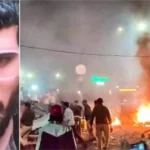
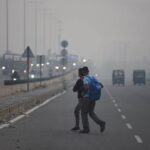
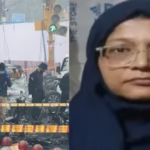

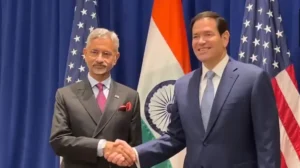
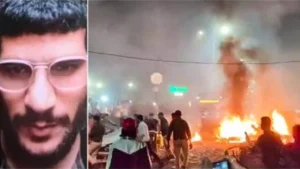
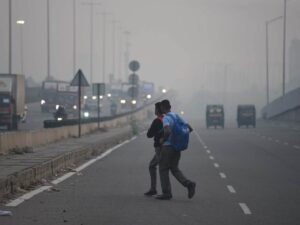
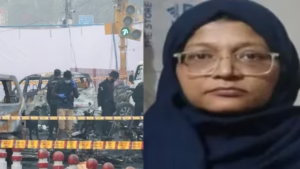
More Stories
‘They Don’t Need Our Help’: US Secretary of State Marco Rubio Praises India’s ‘Professionalism’ in Delhi Blast Probe
DNA Test Confirms Pulwama Doctor Drove Car in Delhi Red Fort Blast; Lal Quila Metro Closed Amid Security Alert
Who is Dr. Shaheen Shahid? The Professor-Turned-Jaish Recruiter Arrested in a Terror Module Case